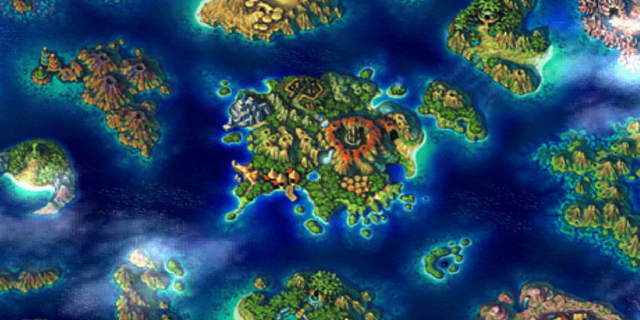
A complaint I read about often is that the video game industry spawns far too many sequels. Fans would like to see more fresh, original games that aren’t part of a set series, or based on a movie or TV show. I understand the frustration, and video games aren’t alone in this regard. The movie industry is plagued with sequels, many are based on graphic novels or books. Most of them also happen to be insanely profitable, which is why you’ll continue seeing them made, for better or for worse. READ MORE
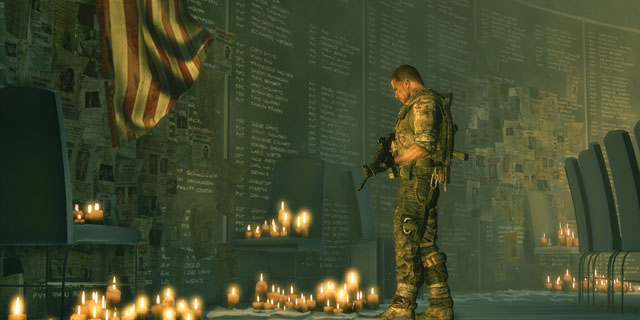
There are a few isolated moments amongst thousands that are easily recalled when contemplating growing up. Paying your own dentist bill. Buying a house. Being responsible for more than just yourself. Often they come out of nowhere, requiring on-the-spot common sense and a lingering afterthought of “gosh, I hope I did that right.” We as gamers face common challenges when we mature; social pressures to play less, other hobbies, relationships and work all can disrupt a good game session. Sometimes they should. But beyond that, do we still feel the same when we play games as we get older? No doubt we are wiser, and probably harder to impress, but do we still enjoy them as much? Do we enjoy them the same way? READ MORE
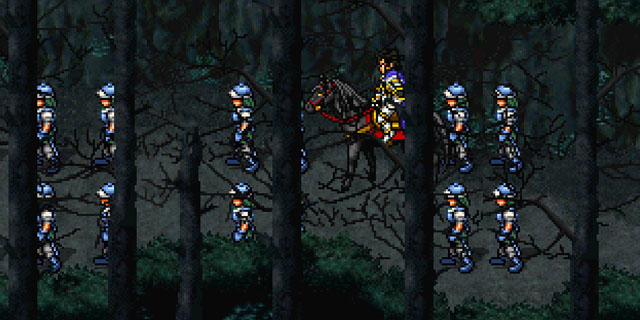
As brutal and terrifying as it is in real life, war can make for a compelling backdrop for stories, both real and fictitious. The desperation of the situation, emerging technological advances and influences of bigger-than-life personalities are greatly appealing to historians and enthusiasts (rarely the participants). The optimistic future of Star Trek steps aside during the Dominion War storyline in Deep Space Nine; many fans would say it was for the better. “Yesterday’s Enterprise” is considered one of the best Star Trek: The Next Generation episodes, taking place in an alternate reality smack dab in the middle of a war between the Klingons and Federation.
Countless movies have received great accolades for depicting the ultimate conflict of man, from Bridge on the River Kwai to Saving Private Ryan to The Hurt Locker. The themes, emotions and complexities that a war brings will not stop being adapted into movies, games, books, television, plays, poetry and paintings because the source material is simply too rich. Too important. READ MORE
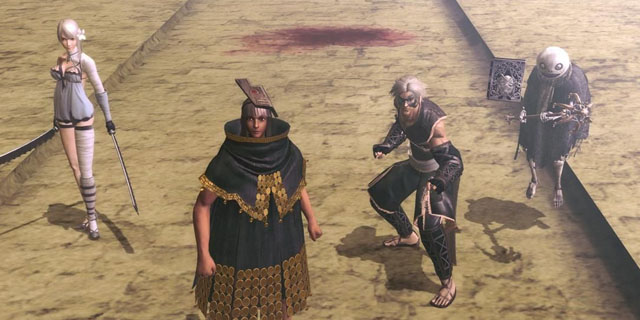
It must be an incredibly daunting task to make a video game. Forget the fact that it normally takes an enormous amount of effort and finances to get the project to completion. How do you manage to make it good? If it were easy, everybody would do it. And despite the fact most games lie in the “6.5-8.0” range, that doesn’t mean they’re good. Video game review scores are a fickle beast, at best. Hundreds of people are involved in making games at a creative level, so how do you unify them all to make a game with a common goal in mind? Do they all agree on the same thing? Impossible. Picture a group of ten of your friends. Now ask if they all want to see the same movie. Right. READ MORE
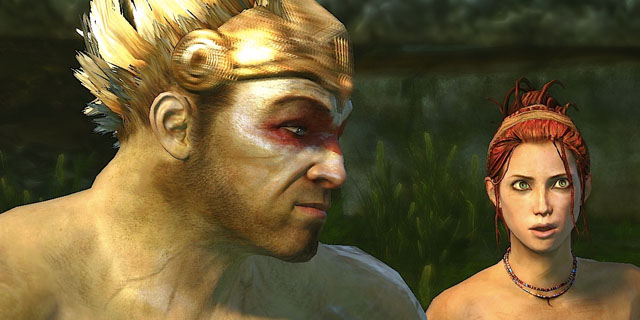
Emotional attachment to fictional characters is difficult to establish. Most people will suspend their disbelief to a point. They’ll buy into whatever world they’re seeing, as long as it makes some sense, the plot is coherent and, most importantly, they care about what happens to the characters. It’s an essential ingredient to any successful story.
Video games have it tough. How can you pace a game’s story properly when the user is in direct control of the experience? And how on Earth can you establish interest in the characters, when most video game dialogue ranks slightly below “tolerable” and far, far away from “good”? READ MORE
























